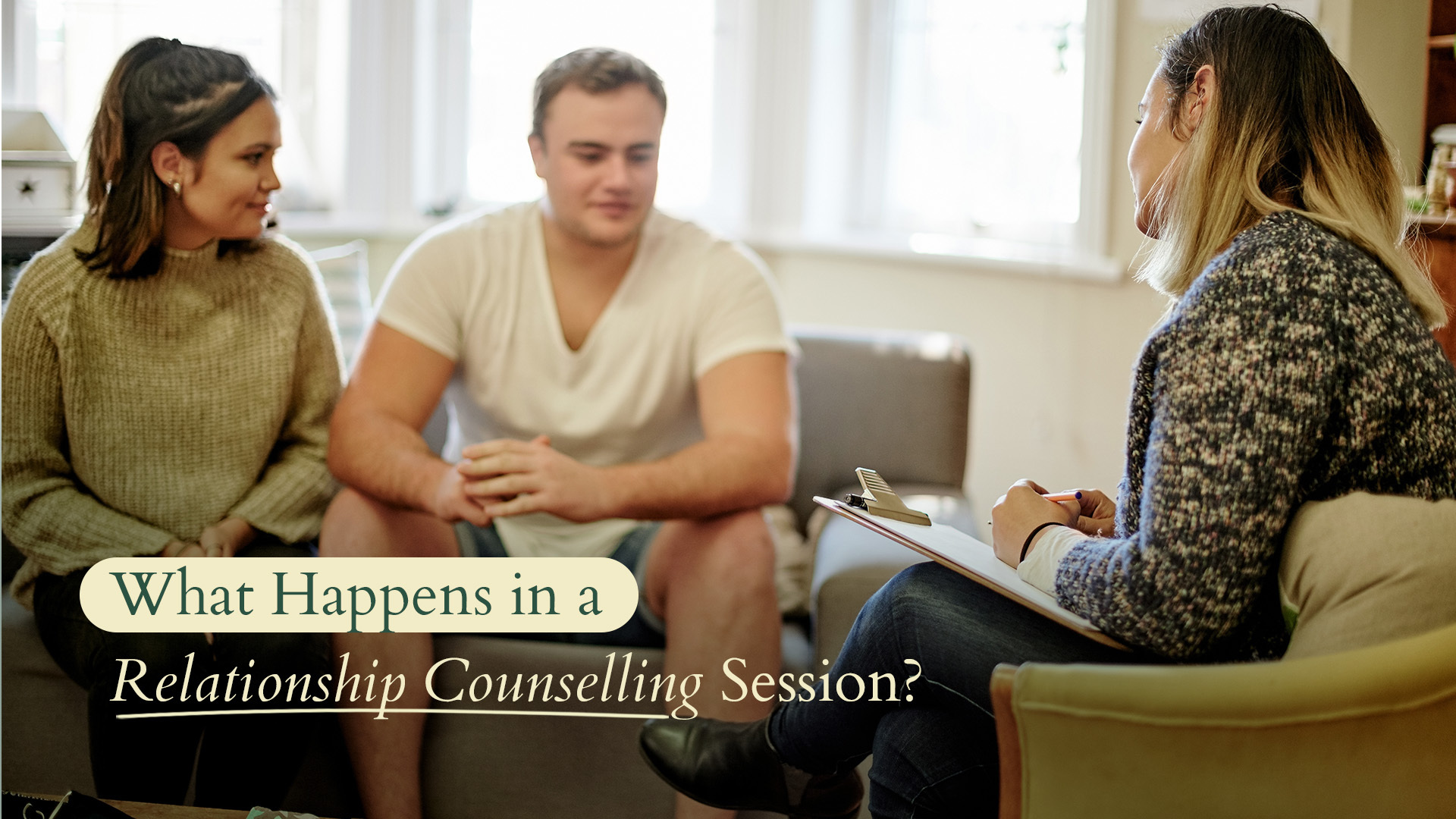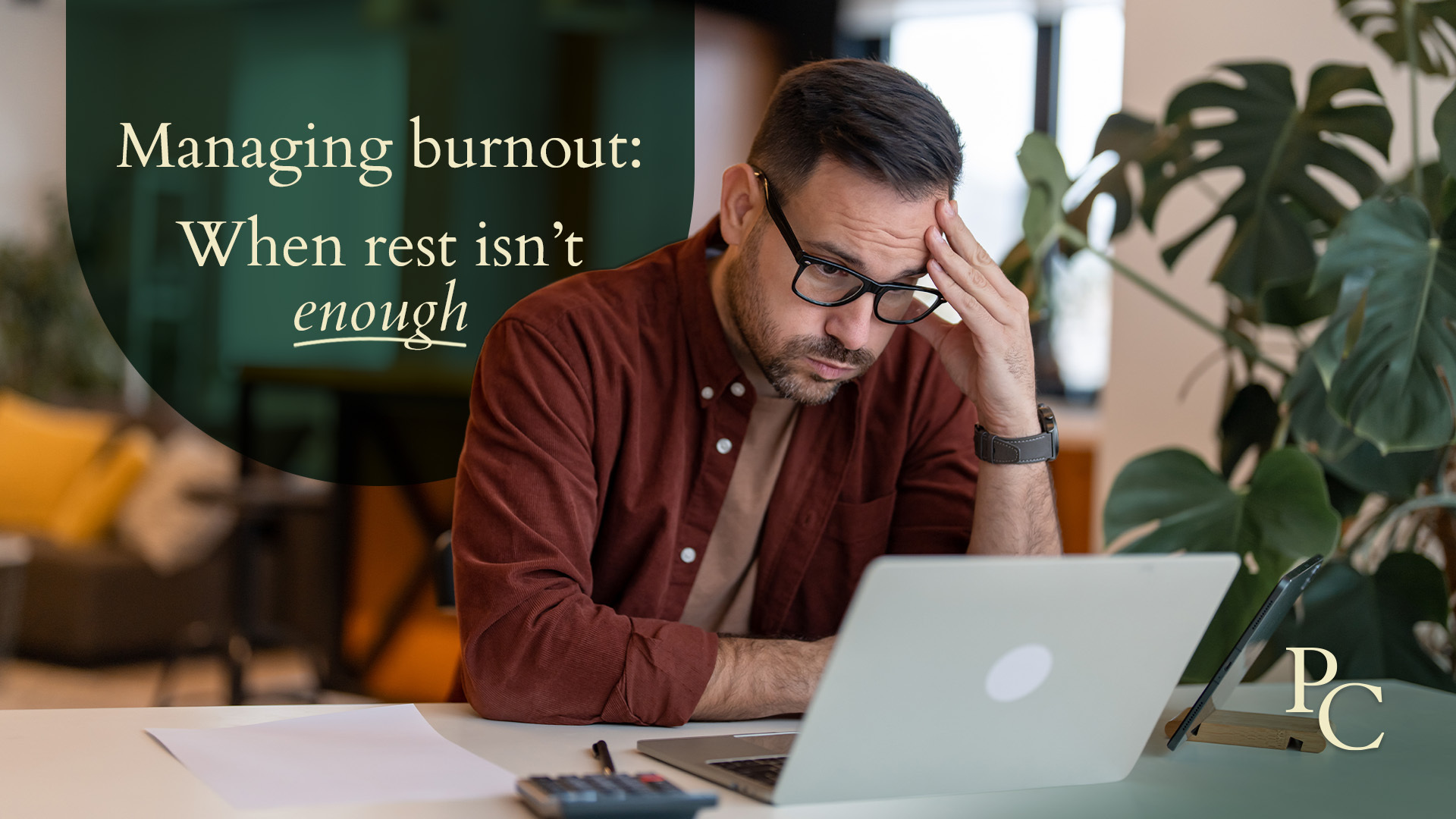

Burnout is more than just feeling tired after a long week. It’s a state of ongoing physical, mental, and emotional exhaustion that builds up over time and doesn’t simply go away with a good night’s sleep. With increasing demands on professionals, parents, carers, and students, more Australians are finding themselves stuck in a cycle of chronic stress and struggling to find a way out. If you’re finding that your usual ways of coping aren’t working, burnout recovery might require more than just taking time off. Therapy, boundary-setting, and evidence-based strategies can help rebuild your emotional wellbeing and provide real, sustainable support.
Burnout is a recognised psychological condition resulting from chronic workplace stress or prolonged emotional strain. It can affect anyone, not just those in high-pressure jobs. Parents, caregivers, students, volunteers, anyone can experience burnout when the demands of life outweigh their capacity to cope.
Common burnout symptoms include:
These signs often go unnoticed or are dismissed as just being “a bit stressed.” But if left unaddressed, burnout can have serious effects on your overall mental health and lead to more complex conditions.
It’s important to know the difference between regular tiredness and emotional exhaustion. People experiencing burnout often describe a deep sense of depletion physically, mentally, and emotionally, that doesn’t improve with time off or sleep.
This is especially common in professional burnout, where pressure to keep performing overrides the need to care for oneself. But burnout also shows up in parents, carers, and students, where responsibilities can feel relentless and underappreciated.
Sometimes, what feels like burnout could actually be a sign of depression. If you’re unsure, this UNSW article clearly explains the difference between the two and why it matters. Understanding where you sit on this spectrum is a crucial first step in seeking the right kind of support.
At PsychologyCare, we understand that burnout and depression can overlap and how confusing it can be to know what’s really going on. Our experienced psychologists can help you make sense of what you’re feeling and work with you to create a treatment plan that suits your individual needs. Whether it’s burnout, depression, or something in between, support is available and recovery is possible.
If you’ve recognised that you might be experiencing more than just temporary stress, it’s time to explore burnout recovery through therapeutic support. Psychology isn’t just for crisis moments it’s a proactive step toward long-term wellbeing.
Speaking with a psychologist can help you:
Therapy offers a safe space to pause, reflect, and reset. At PsychologyCare, our practitioners support clients dealing with burnout across all stages of life from young adults navigating study pressure to carers and professionals experiencing cumulative emotional fatigue.
While therapy is a powerful foundation, effective burnout recovery is often supported by other strategies that can be practised daily. Here are a few evidence-informed techniques your psychologist might introduce:
One of the most important tools in preventing and recovering from burnout is learning to say “no” without guilt. Setting emotional and practical limits at work, in relationships, or within family dynamics helps protect your mental energy.
Burnout often disconnects us from our body’s natural signals. Mindfulness practices, gentle exercise, and regular check-ins with yourself can help restore that connection and create a stronger baseline for emotional regulation.
Patterns of overthinking or self-blame can fuel burnout. Psychological strategies such as Cognitive Behavioural Therapy (CBT) help you identify and challenge unhelpful thoughts, leading to more adaptive coping mechanisms.
Creating a personal stress management plan can make your recovery more structured and achievable. This could involve scheduling recovery time, prioritising sleep hygiene, and building a support system around you.
No two burnout experiences are the same, which is why tailored support through therapy is often the most effective path to lasting recovery.
Burnout doesn’t mean you’re weak, it means you’ve been strong for too long without the support you need. At PsychologyCare, we understand that healing from emotional exhaustion requires more than rest. Our compassionate team of registered psychologists is here to help you explore the causes of your burnout and guide you toward real, sustainable recovery.
If you’re feeling stuck, depleted, or simply overwhelmed, it might be time to reach out. You don’t have to go through burnout alone. If you’re ready to take the next step towards burnout recovery, reach out to PsychologyCare today. Our friendly team is here to answer your questions, match you with the right psychologist, and support you on the path to feeling like yourself again.










